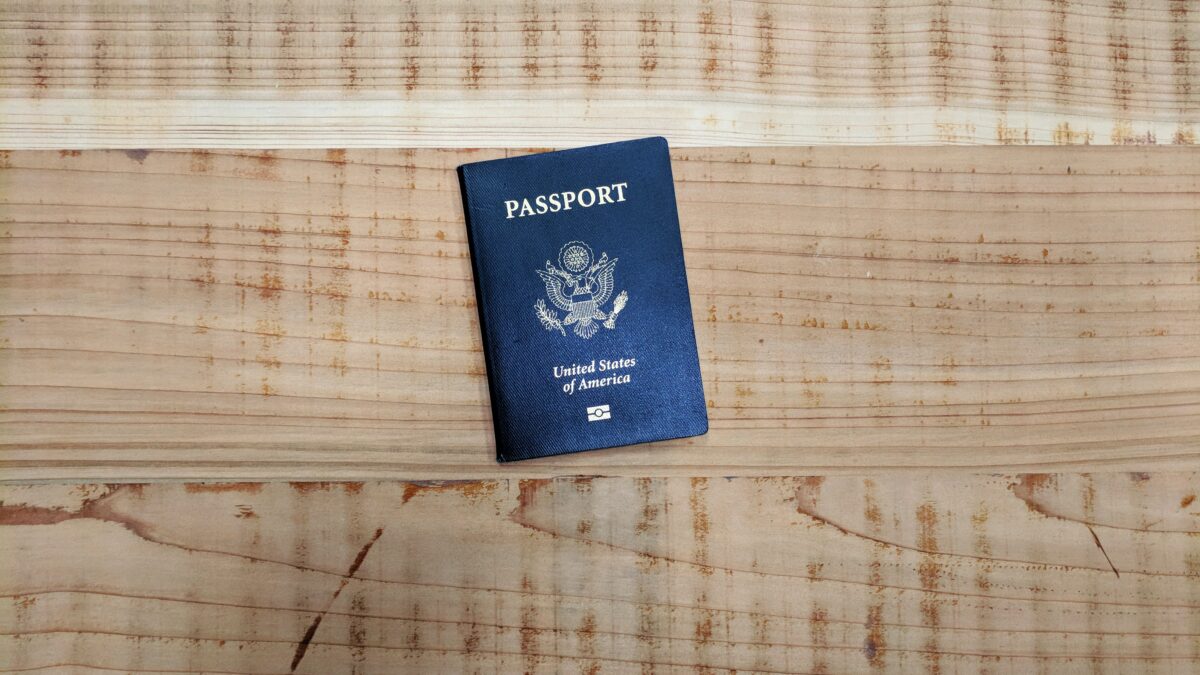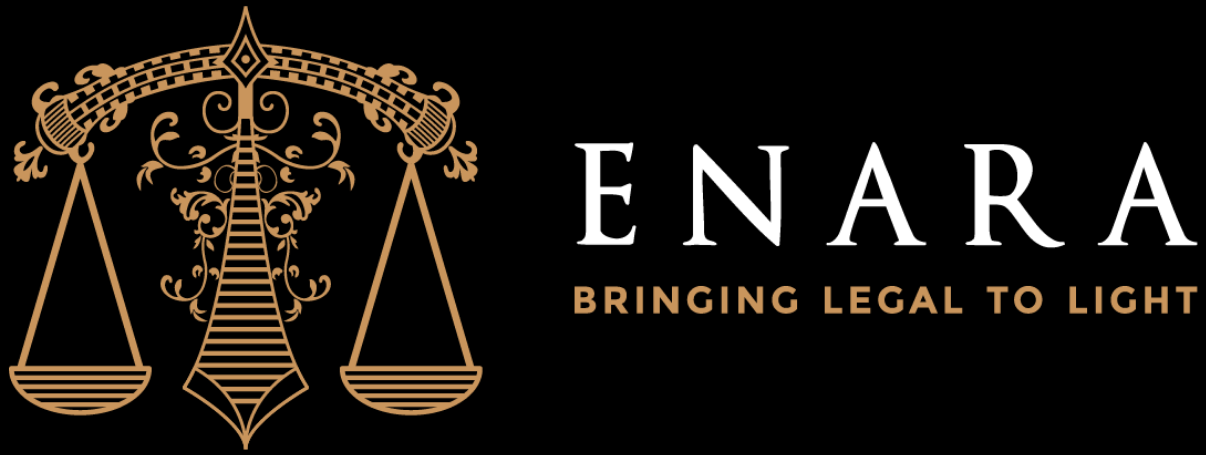
H-1B visa is for a person in a specialty occupation coming temporarily to the U.S. Specialty occupation is defined as requiring theoretical and practical application of a body of highly specialized knowledge. The proposed regulations for an H- 1B nonimmigrant visa accurately state to have a “specialty occupation” to indicate the direct relationship between the duties of the position and the degree of the specified work fields. Another requirement is a bachelor’s degree in a specific specialty in the process of filing an H-1B. The regulation frequently defines the term “employer-employee relationship,” alluding to the control of the employee’s “right to control” the work the employee participates in. The USCIS takes a look at whether the employer can exercise that right to control. The regulations set a 1-year max term for a reasonable period when an H-1B beneficiary will be working at a third-party worksite.
There is a cap to the amount of H-1B visas that are given out every year. The capper year is 65,000, the specific categories that cannot be counted towards that cap are listed in the following:
- Persons (up to 20,000) who possess a U.S. master’s degree or higher
- Beneficiaries of employment offer at institutions of higher education, for example:
- Family relation
- Affiliated non-profit organizations
- Non-profit research organizations
- Government research organizations
H-1B applicants may be approved for up to 3 years with a possible max term of 6 years, but not exceed the period of validity of the labor certification application as previously stated above. H-1B status might be extended in a one-year increment beyond the six-year limitation if a labor certification, immigrant petition for alien worker, or employment-based application to adjust the level that was filed at least 365 days before the expiration of the H-1B status. Another route to note is that a person who remains outside of the U.S. for one year may begin the six years again. Spouses and children accompanying an H-1B visa holder will be granted H-4 visas.
Fees Associated With H-1B Applications
There are four types of fees to file an H-1B petition, and they are as follows:
- registration $10
- Standard $460.00 petition fee (and if the employee is abroad, additional costs in the US. Embassy or Consulate)
- An additional fee of $1,500.00 (or $750.00 if the employer has less than 25 full-time employees)
- Fraud prevention and detection fee of $500.00
- If an employer has 50 or more employees and more than 50% of the employees have H-1B or L-1 status, the employer must pay a fee of $4,000.00 in addition to other expenses.
Please note that this article does not constitute any legal advice. We simplified the law to read regulations in a more manageable scope. If you want to obtain an H-1B status, call our experienced H-1B attorney at 602-687-2010 or schedule your consultation online.
